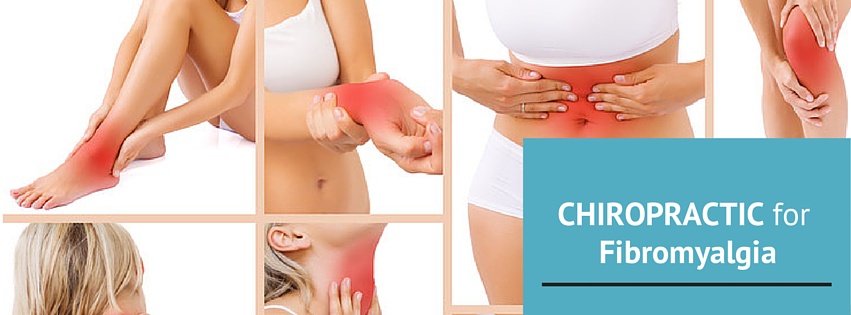 Do You Have These Problems?
Do You Have These Problems?
Imagine having to live with fatigue and radiating, gnawing, shooting or burning muscle, tendon and joint pain all the time. Imagine your body full of “tender points” on your neck, shoulders, chest, rib cage, lower back, thighs, knees, elbows and buttocks along with increased sensitivity to pain, heat, cold, touch and bright lights.
As if the above weren’t bad enough you may have sleeplessness, irritable bowel syndrome, headaches, irritable bladder (interstitial cystitis), “brain fog,” depression and/or anxiety.1 Sounds terrible, doesn’t it?
That’s what people who suffer from fibromyalgia—also known as fibromyositis, fibrositis and myofascial pain syndrome—must endure. For some, this condition is annoying; but for others, the symptoms are all but disabling.
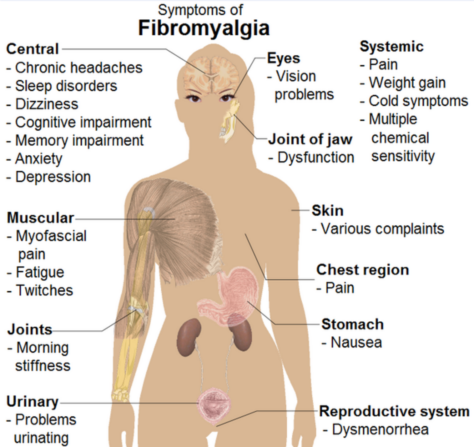 More Women Are Affected
More Women Are Affected
Millions of people, the majority being women, suffer from fibromyalgia. No one knows what causes it and why more women than men suffer from it. No one knows why the number of sufferers is growing. What can fibromyalgia sufferers do?
The Medical Approach
The medical profession is at a loss when confronted with fibromyalgia. Some consider it to be of genetic origin; however, no disease is purely genetic—there must be environmental triggers.2
The drugs given—non-steroidal anti-inflammatory drugs (NSAIDs), painkillers, antidepressants and various prescription drugs—only mask the symptoms and give temporary relief at best.
Because of the limitations of the medical approach, MDs are approaching fibromyalgia treatment using a combination of therapies: medication, physical therapy, counseling and support groups. These approaches have had limited success.3
Non-medical Approaches
People are increasingly turning to non-medical approaches for fibromyalgia. Exercise, especially aerobic exercise (AE), is often able to relieve depression and pain and help return people to day-to-day function. Patients find it best to start with low impact exercises, like walking and swimming, before pushing themselves to perform strenuous workouts.4-5
Acupressure, acupuncture, relaxation techniques (including meditation) and nutritional therapy have also had some success.6-7
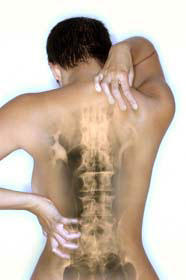 The Chiropractic Approach
The Chiropractic Approach
More and more fibromyalgia sufferers are turning to the drug-free, natural chiropractic approach.8 Why? Because chiropractic gets results.
The role of your doctor of chiropractic is to free you from a severe form of stress found in your body: the subluxation. A subluxation is a distortion of your spine and structural system that stresses your brain, spinal cord, nerves, joints, ligaments, muscles, internal organs and other tissues. Subluxations cause disturbed body function, loss of wholeness, lowered resistance to disease, lack of energy, loss of height and premature aging. Surprisingly, a subluxation may be painless; you can have one for years and never know it while it damages your health. Over a hundred years of clinical observations have revealed that subluxations can affect your physical and mental health.
Subluxations & Trauma
People who are in an accident or have suffered trauma from other causes often develop subluxations. That may be the reason that accidents and trauma have long been associated with the development of fibromyalgia.9 In one study, for example, researchers found a ten times increased risk of fibromyalgia within one year of a neck injury!10
The response of patients with fibromyalgia to chiropractic has been documented over the years. In one study 23 fibromyalgia sufferers with chronic fatigue syndrome (5 male, 18 female) who were from 11 to 76 years of age received chiropractic care. Under care, all 23 patients reported improvement and all of them maintained their improvements after one year of follow-up or more. Every patient reported that they were able to resume their normal activities including full-time work. The researchers wrote: “Improvement in symptoms of 92-100% was achieved in both these syndromes (fibromyalgia and chronic fatigue syndrome).”11
In another study of 15 women with fibromyalgia who began chiropractic care, 60% (nine) reported at least a 50% reduction in their pain symptoms, as well as less fatigue and improved sleep quality. The improvement in these three areas continued at one-month follow-up.12
More Studies
In a study published in The American Journal of Medicine, researchers found that 45.9% of people who had fibromyalgia and went to a chiropractor experienced moderate to great improvement. In the same study, antidepressant medication benefited only 36.3% of those studied and exercise was limited to a 31.8% rate of improvement.13
Case histories abound on the benefits of chiropractic care for fibromyalgia patients. In one study a 31-year-old woman on pain medications for fibromyalgia sought chiropractic care. Her vertebral subluxations were reduced, her neck curve improved and she stopped taking pain medications.14
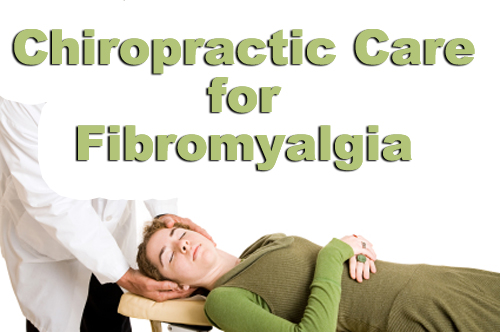 In Conclusion
In Conclusion
Your body’s natural healing ability has been documented to heal nearly any disease or condition.15 When your body is free from subluxations, your self-healing ability, your “inner healer,” is better able to deal with all your health problems, including fibromyalgia.
Every person, whether they are suffering from a disease or not, needs a body free of subluxations. Anyone suffering from fibromyalgia should see a chiropractor for a checkup. It may make the difference between recovery and continued illness, between a life of pain and a life of ease.
For an appointment at Performance Chiropractic, call us at (661) 942-5000.
References
- Buskila D, Cohen H. Comorbidity of fibromyalgia and psychiatric disorders. Curr Pain Headache Rep. 2007;11(5):333–338.
2. Buskila D, Sarzi-Puttini P. Biology and therapy of fibromyalgia: genetic aspects of fibromyalgia syndrome. Arthritis Res Ther. 2006;8(5):218.
3. Berenson A. Drug approved. Is disease real? New York Times. January 14, 2008.
4. Gowans SE, deHueck A. Effectiveness of exercise in management of fibromyalgia. Current Opinion in Rheumatology. 2004;16(2):138-142.
5. Valim V, Oliviera L, Suda A et al. Aerobic fitness effects in fibromyalgia. J Rheumatol. 2003;30(5):1060-1069.
6. Schneider MJ, Kim KH et. al. Complementary and alternative medicine in the treatment of pain in fibromyalgia: a systematic review of randomized controlled trials. JMPT. 2011;34(7):483-496.
7. Kaplan KH, Goldenberg DL, Galvin-Nadeau M. The impact of a meditation-based stress reduction program on fibromyalgia. Gen Hosp Psychiatry. 1993;15(5):284-289.
8. Wolf F, Anderson J, Harkness D et al. Prospective, longitudinal study of service utilization and costs in fibromyalgia. Arthritis & Rheumatism. 1997;40:1560-1570.
9. White KP, Carette S. Trauma and fibromyalgia: is there an association and what does it mean? Arthritis & Rheumatism. 2000;29(4):200-216.
10. Buskila D, Neumannn L, Vaisberg G et al. Increased rates of fibromyalgia following cervical spine injury: a controlled study of 161 cases of traumatic injury. Arthritis & Rheumatism. 1997;40:446-452.
11. Amalu WC. Upper cervical management of primary fibromyalgia and chronic fatigue syndrome cases. Today’s Chiropractic. May/June 2000;76-86.
12. Hain S, Hain F. Combined ischemic compression and spinal manipulation in the treatment of fibromyalgia: a preliminary estimate of dose efficacy. Journal of Manipulative and Physiological Therapeutics. 2000;23(4):225-230.
13. Wolfe F. The clinical syndrome of fibrositis. The American Journal of Medicine. 1986;81(suppl 3A):7-14.
14. Soriano W, Apatiga A. Resolution of fibromyalgia & polypharmacy concomitant with increased cervical curve & improved quality of life following reduction of upper cervical subluxation: a case study. Journal of Upper Cervical Chiropractic Research. October 21, 2014:61-67.
15. O’Regan B, Hirshberg C. Spontaneous Remission: An annotated bibliography. Sausalito, CA: Institute of Noetic Sciences. 1993.


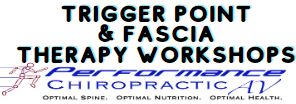

FOLLOW US!